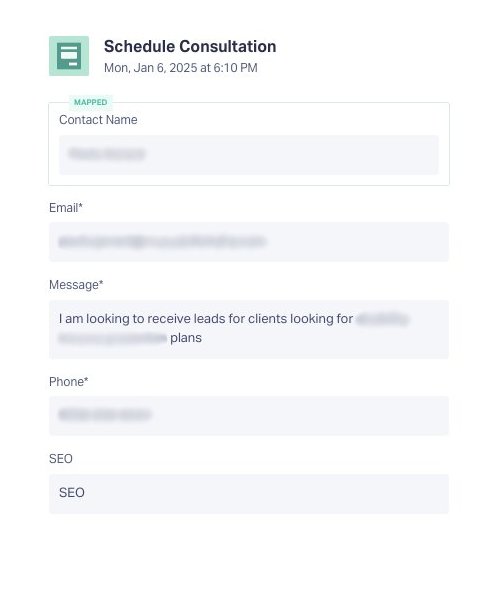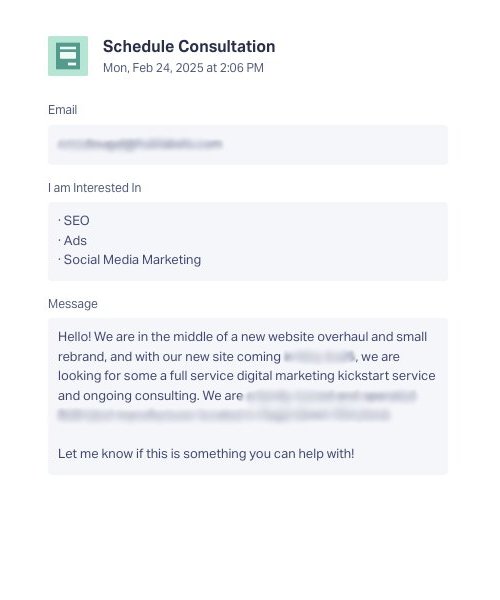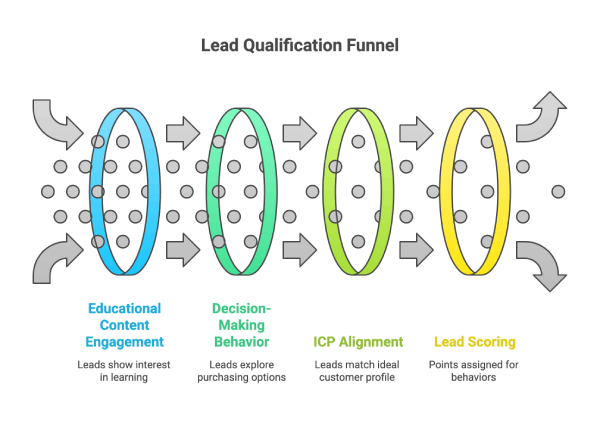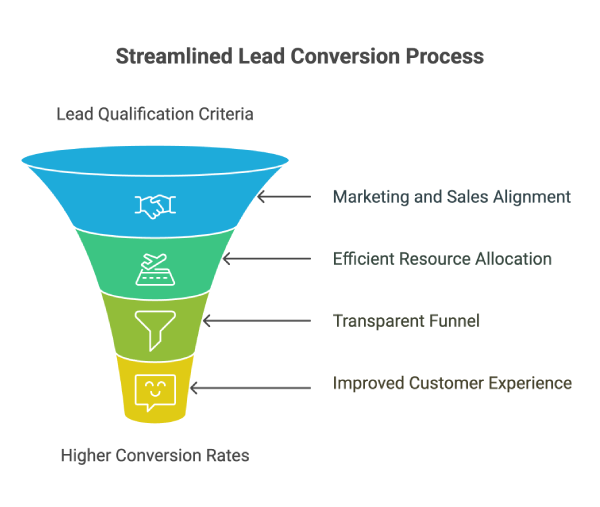Leads are the fuel that powers the growth of a business, but how they are handled can be the difference between a sale and a missed opportunity. When a prospect shows interest, it sparks an important question: are they ready for a conversation with sales, or do they still need a little more nurturing?
That’s where the distinction between Marketing-Qualified Leads (MQLs) and Sales-Qualified Leads (SQLs) comes into play. These two stages of lead development help marketing and sales teams work more efficiently, aligning outreach efforts with where prospects are in their decision-making process.
In this article, we’ll break down what MQLs and SQLs are, how to tell them apart, and why getting the difference right can have a direct impact on your bottom line.
The Differences Between MQLs & SQLs
Marketing-Qualified Leads and Sales-Qualified Leads represent two distinct stages in a buyer’s journey.
An MQL represents someone who has engaged with marketing efforts but still requires further development before becoming a buyer.
When a lead downloads content or signs up for events, it often shows early-stage interest characteristic of an MQL.
These leads fit target demographics but need additional education or nurturing before moving forward.


Conversely, an SQL demonstrates clear buying intent. These prospects have advanced through the early stages of research and evaluation, showing behaviors that indicate readiness for a sales conversation.
Requesting a demo, asking for pricing, or engaging heavily with product-specific content are common indicators that a lead has transitioned into SQL territory. At this stage, they typically meet firmographic criteria and show serious intent based on a combination of lead-scoring systems and human evaluation.
How To Tell MQLs & SQLs Apart
Evaluating a lead’s behavior and fit forms the foundation for distinguishing between MQLs and SQLs.
Engagement and intent are the two most telling factors. MQLs engage with broader educational content, indicating interest but lacking urgency or commitment to purchasing. SQLs exhibit behaviors tied to decision-making, such as exploring pricing pages, signing up for trials, or scheduling sales calls.
Fit criteria also play a significant role. MQLs might match basic buyer persona attributes, but SQLs typically align even closer with the Ideal Customer Profile (ICP), satisfying conditions such as company size, industry relevance, authority to buy, and available budget.
Lead-scoring models formalize these observations. Points are assigned for behaviors like email engagement, content downloads, website visits, and demographic factors. Reaching the MQL threshold triggers a nurturing campaign, while crossing into SQL territory prompts immediate sales outreach.

Maintaining clear, separate scoring thresholds for MQLs and SQLs helps marketing and sales teams focus efforts where they have the greatest impact.
Why The Differences Between MQLs & SQLs Matter
Agreement on what qualifies a lead at each stage creates smoother handoffs and results in fewer lost opportunities.
When both marketing and sales agree on qualification criteria, it streamlines hand-offs, minimizes friction, and creates a faster, more productive sales funnel. Companies with strong alignment in this area tend to experience higher lead-to-customer conversion rates and stronger revenue performance per sales representative.
Resource allocation also improves, and when marketing and sales divide their focus correctly, prospects move through the funnel more efficiently and achieve better outcomes. So, instead of chasing cold contacts, teams can focus their efforts where the likelihood of conversion is significantly higher.

A cleaner, more transparent funnel emerges as a result. Tracking the conversion rate from MQL to SQL surfaces patterns in lead behavior and exposes weak points in marketing or sales processes. If a large number of MQLs fail to transition to SQLs, it signals a problem either with lead quality, content strategy, or scoring criteria.
The overall customer experience benefits too, since prospects receive the right type of communication at the right time, avoiding premature sales outreach that feels aggressive or repetitive email nurturing that becomes annoying. Engaging with prospects based on their true level of interest and intent helps preserve momentum and builds trust throughout the buying process.
Practical Steps For Handling MQLs & SQLs
 Collaboration between marketing and sales is the first step toward effective MQL and SQL management. Holding joint workshops to document the definitions of “fit” and “intent” creates a shared understanding and promotes consistency.
Collaboration between marketing and sales is the first step toward effective MQL and SQL management. Holding joint workshops to document the definitions of “fit” and “intent” creates a shared understanding and promotes consistency.
These criteria should be revisited quarterly, allowing adjustments for shifts in market dynamics or buyer behaviors.
- Building a straightforward scoring matrix combining demographic factors like company size and role with behavioral triggers such as page visits and content downloads makes scoring actionable. Setting clear point thresholds for MQL and SQL classification ensures that hand-offs occur at the right moments.
- Automation plays a vital role. Triggering immediate notifications to account owners when a lead crosses the SQL threshold allows sales teams to respond quickly, increasing the chance of meaningful engagement while the lead is still warm.
- Continuous measurement is necessary for success. Tracking how many MQLs convert to SQLs and then to closed deals highlights opportunities for improvement. If conversion rates underperform, revisiting scoring models or adjusting content offers may be necessary.
- Feedback loops between sales and marketing further refine the process. Sales teams should flag low-quality SQLs so marketing can analyze common traits and refine targeting strategies instead of simply forwarding every form-fill. A healthy feedback system supports better decision-making across both teams.
Strengthening Your Lead Funnel With Expert Support
Understanding how to distinguish and manage MQLs and SQLs sharpens your marketing and sales strategy, but reaching peak performance often requires an outside perspective.
 Experienced digital marketing experts can help uncover potential gaps in your lead funnel, refine your qualification criteria, and fine-tune your website experience to convert more high-quality prospects into customers. With the right guidance, businesses build stronger pipelines, shorten sales cycles, and maximize the value of every opportunity.
Experienced digital marketing experts can help uncover potential gaps in your lead funnel, refine your qualification criteria, and fine-tune your website experience to convert more high-quality prospects into customers. With the right guidance, businesses build stronger pipelines, shorten sales cycles, and maximize the value of every opportunity.
At 321 Web Marketing, we specialize in helping companies strengthen their digital presence and drive measurable results. Our team can work with you to refine your SEO strategy, build a marketing plan that fits your goals, and deliver the qualified traffic your business needs to grow.
Contact 321 Web Marketing today and find out how our SEO consulting and marketing strategies can help you turn more prospects into actual customers.

